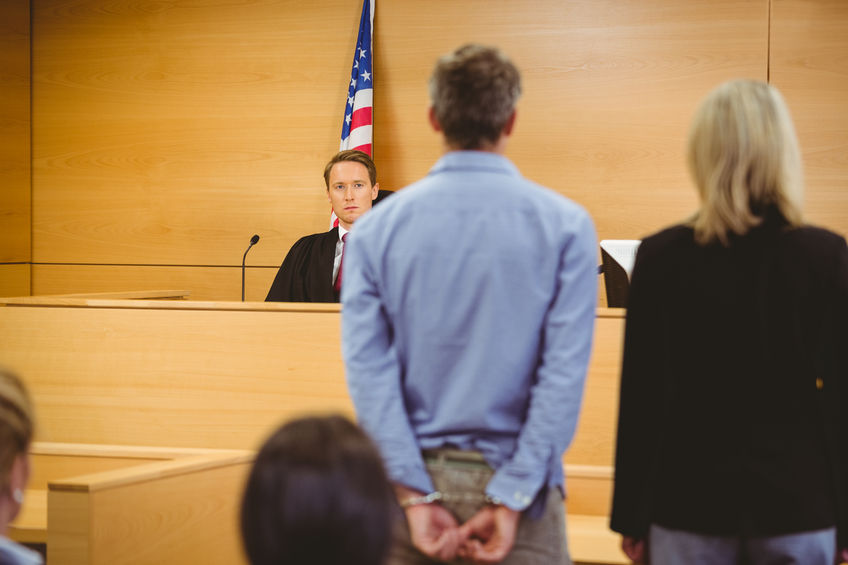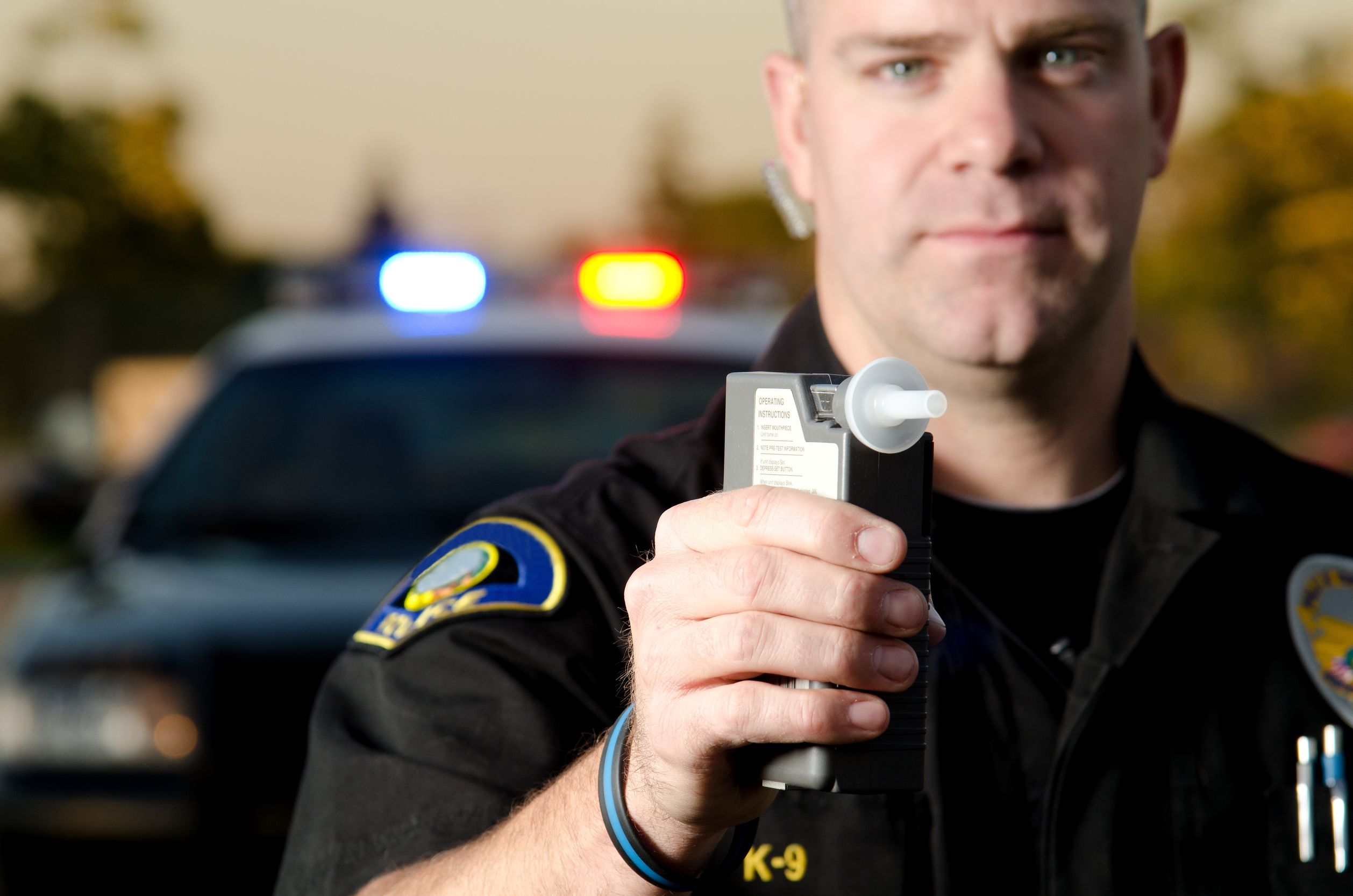
A DUI with a child in the car is a felony. A DUI arrest is serious under any circumstances; however, if you are charged with driving under the influence while your child is in the vehicle, the legal consequences in Oklahoma can increase significantly. Having a minor passenger often transforms what might otherwise be a standard DUI case into a situation involving enhanced penalties and possible additional charges. Standard DUI Charges in Oklahoma In Oklahoma, a person may be charged with DUI if they operate a motor vehicle while… Read More









